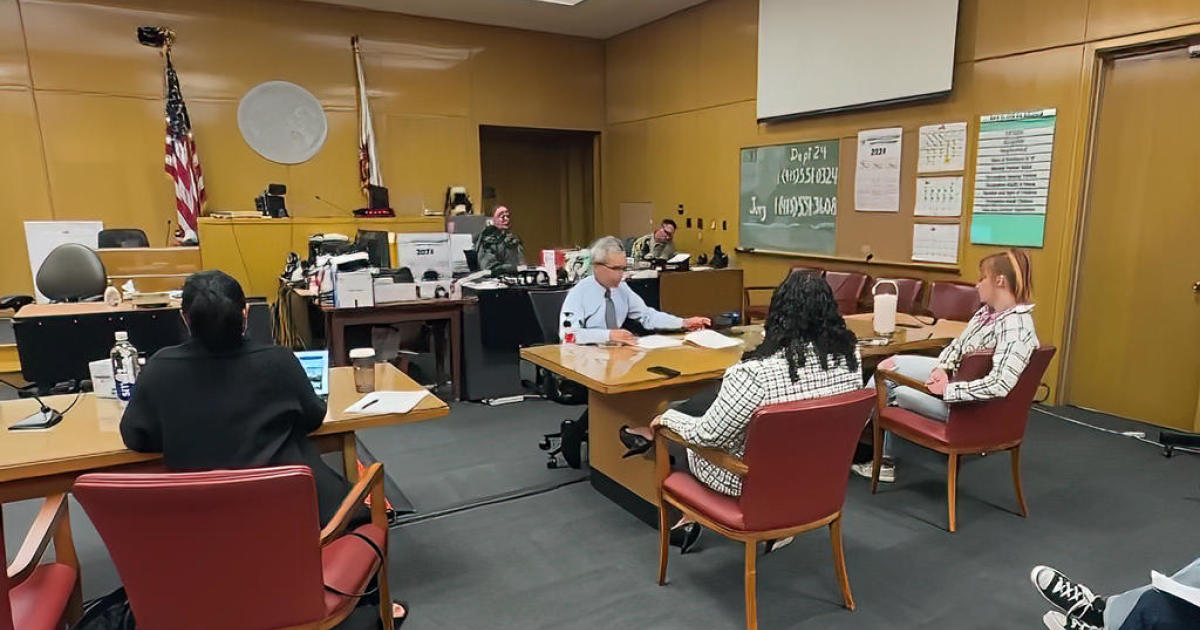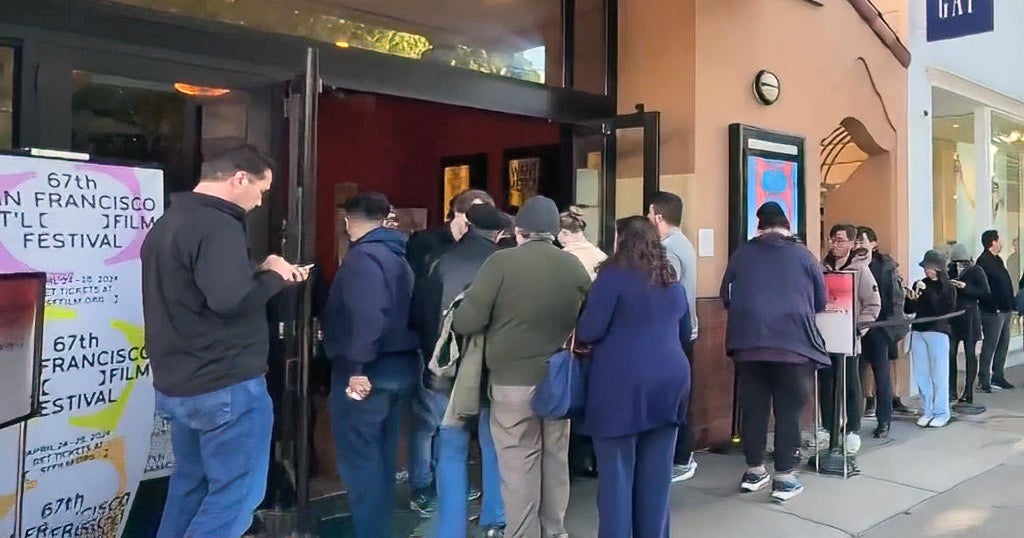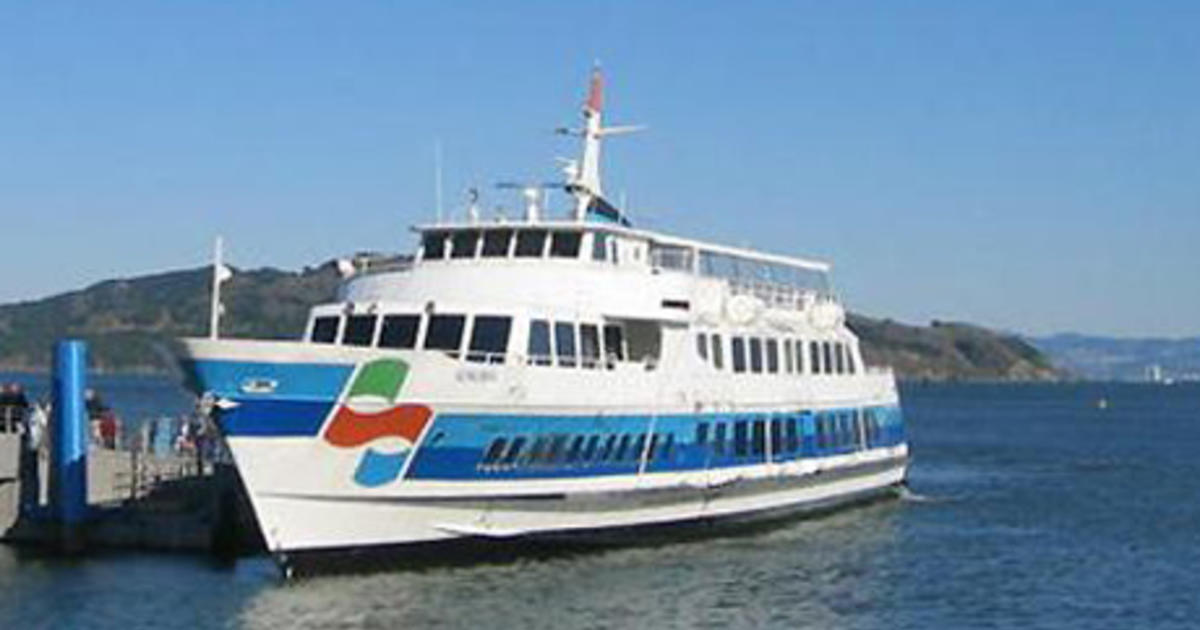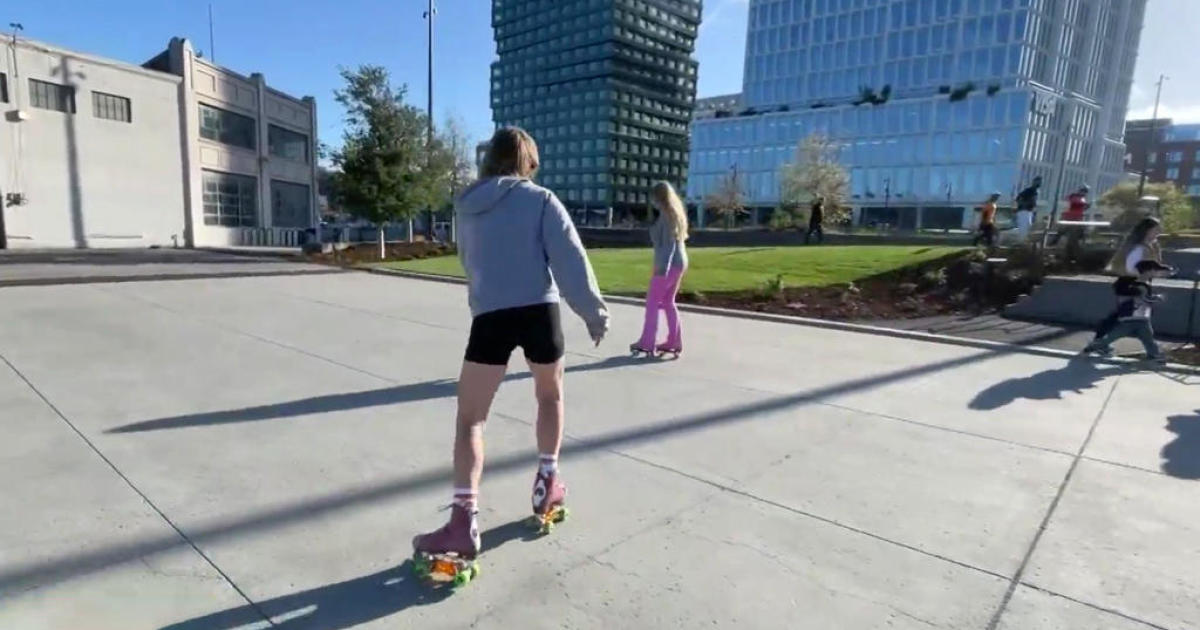San Francisco fentanyl crisis spawns competing policy proposals
SAN FRANCISCO -- May was the deadliest month for drug overdoses in San Francisco history: 346 people have died since January, a 40 percent increase in one year. Those data are driving a debate about how to deal with the crisis among most San Franciscans many of whom are already dealing with it every day.
You don't have to travel very far in the city before you see someone in the grips of the "fentanyl bend." Robert O'Rorke knows it well.
"That's where you see people bent over all the time," he said. "Fentanyl's got them. It's so strong that it just kills them. It's killing them."
S.F. FENTANYL DATA: Fentanyl deaths in San Francisco surge
O'Rorke is a recovering addict who was saved by a residential treatment program of the St. Anthony's Foundation, headquartered in the Tenderloin. Now sober, he works the reception desk and his experience lends credibility when people, tired of being addicted, come in to ask for help. O'Rorke said he doesn't judge people but admits that San Francisco's permissive attitude is drawing people with addiction problems to the city.
"There's a fine line between helping somebody and enabling them to keep doing it," O'Rorke said.
When it comes to San Francisco? "Man, they're right there on that line, you know?" he said.
That growing feeling has led politicians like Gov. Gavin Newsom and Mayor London Breed to pursue a law enforcement crackdown on drug sales and open-air use.
Gary McCoy, with an organization called Health Right 360, thinks that's creating a false choice.
"There's this notion -- that's entirely incorrect -- that says we either have to do 'this' or 'that' and the problem is, we're not looking at the things we know work in-between," he said.
McCoy says the ill-fated Tenderloin Center on Market Street, with which Health Right 360 partnered, prevented more than 300 potentially fatal overdoses in the 11 months of its operation. The city abruptly shut down the facility when it came under fire, legally and politically, for allowing onsite drug use.
"We know that every opioid-related death is preventable," McCoy said. "And we have the tools and we have the knowledge and we know what works but we lack the political will to scale that up."
St. Anthony's takes a compassionate approach, not forcing treatment, but presenting success stories like O'Rorke as a beacon of hope.
"Honestly, different things work for different people," said chief communications officer, Sally Haims. "But here at St. Anthony's, what we've found is making recovery accessible is what works. We try to lead by example. It's tough to just push somebody into recovery. It has to be a choice."
While the numbers are grim, O'Rorke isn't giving up because no one gave up on him.
"I think there's a lot of hope. As long as there's places like St. Anthony's, there's always hope. Hope is always alive. Sometimes that's all we've got."




